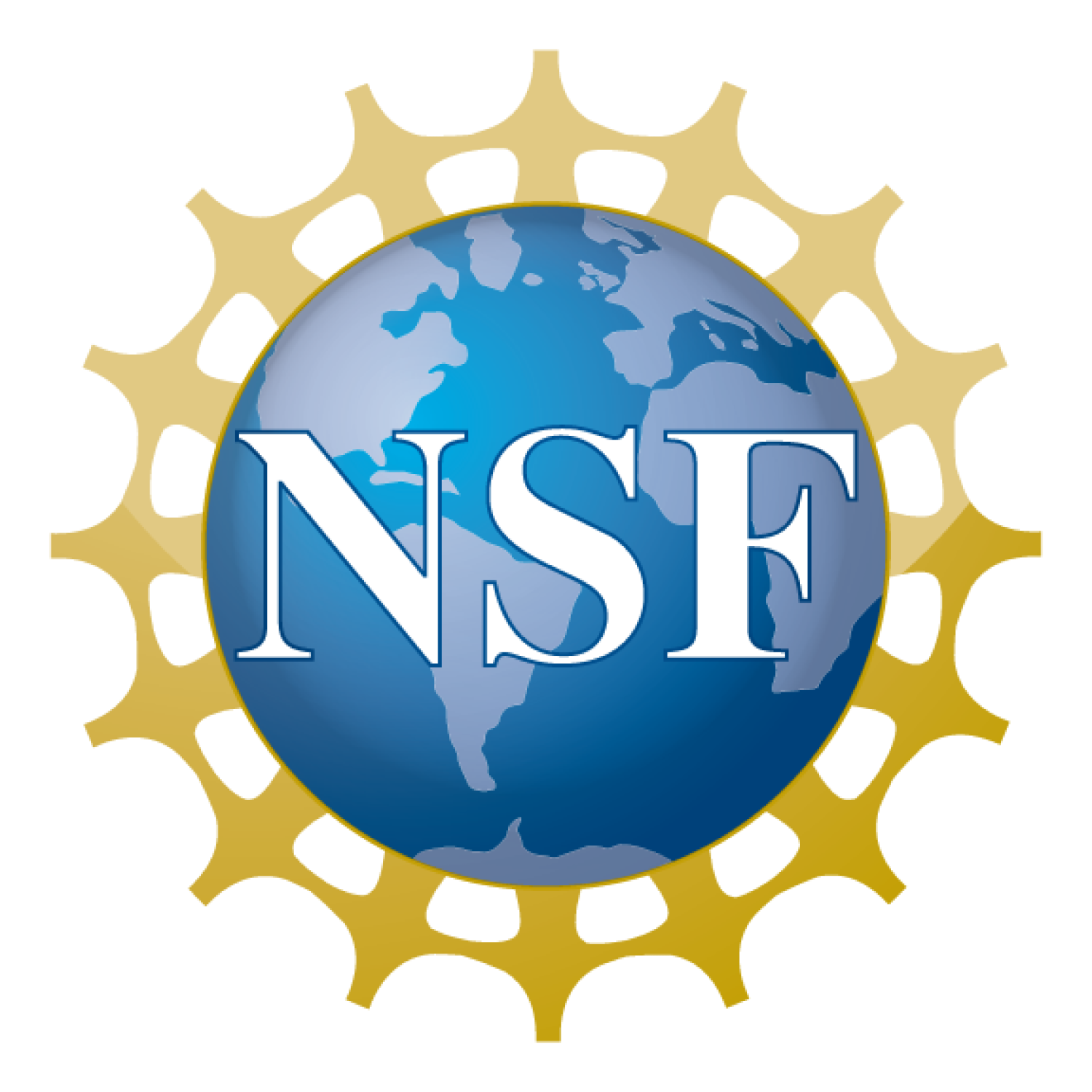Three materials science students earn prestigious NSF Graduate Research Fellowships

Three students in materials science and engineering have earned National Science Foundation Graduate Research Fellowships for 2023, a recognition of their strong potential for outstanding research in graduate school and beyond.
The awards recognize outstanding graduate students from across the country in science, technology, engineering and mathematics fields.The three winners in MSE are among 29 students from across the College of Engineering and Applied Science receiving the awards. Each recipient will receive coverage of tuition and fees, $37,000 annual stipend for the next three years, as well as professional development opportunities.
Categories: News

